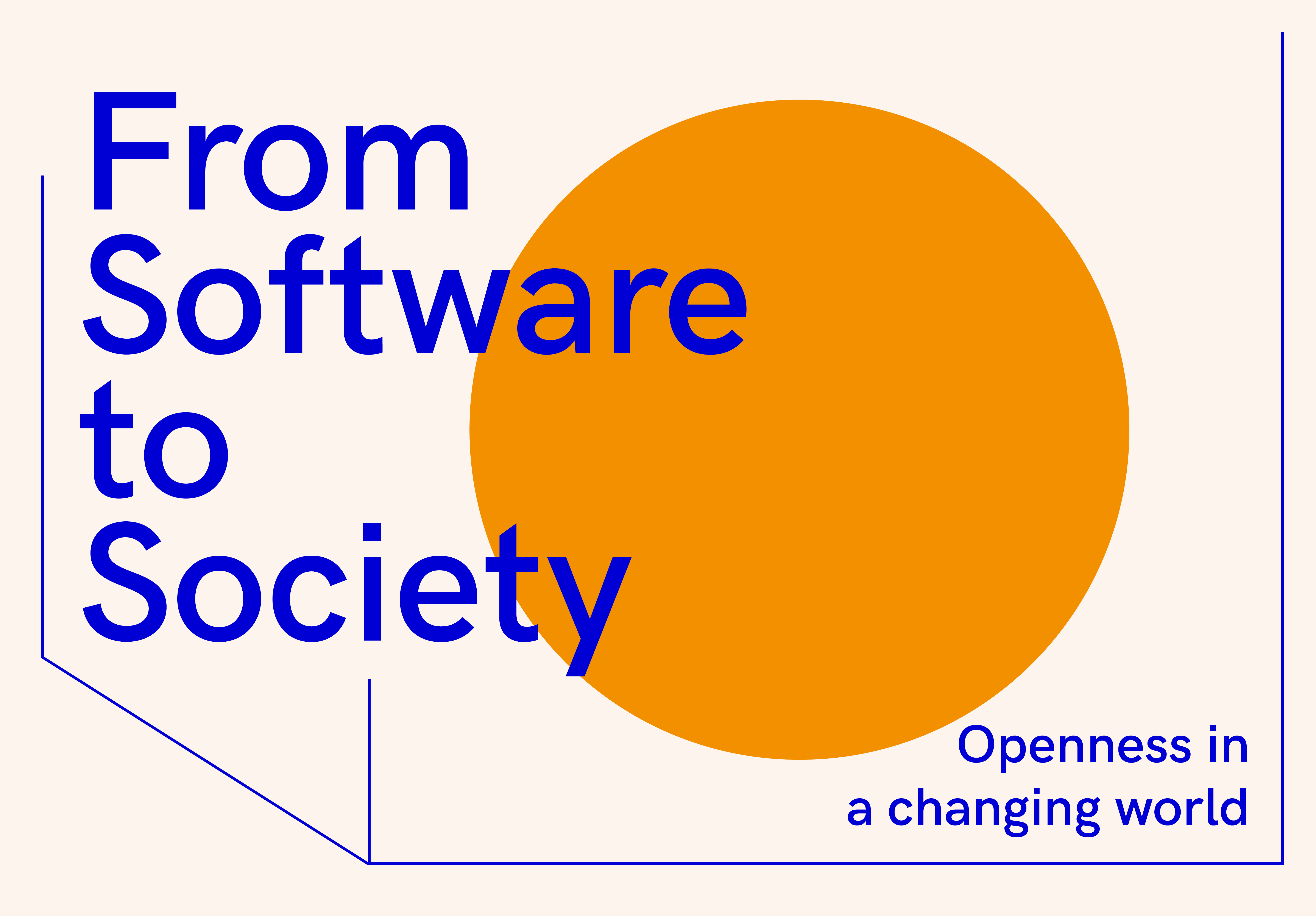From Software to Society — Openness in a changing world

From Software to Society — Openness in a changing world
The idea of openness has had a decisive influence on the digital age. Whether open source software, open standards or freely licensed content - many foundations are based on principles of accessibility, participation and transparency. Openness, understood as free access, free use, modification and sharing of knowledge, has established itself as a driver of innovation and social progress. However, despite all its successes, the concept of openness seems to be going through a crisis. Between political appropriation, economic instrumentalisation and technological upheaval, the concept of openness is coming under increasing pressure and threatens to become diluted. The reasons for this include contradictory definitions, the enormous concentration of power in a few tech companies, geopolitical tensions and internal conflicts in openness communities.
The new study From Software to Society: Openness in a Changing World by Dr. Henriette Litta and Peter Bihr takes stock and looks to the future: What does openness mean in the digital age? Is the concept still up to date? The study traces the development of openness and analyses current challenges. It is based on interviews with experts and extensive literature research. The key insights at a glance are:
Give Openness a purpose.
Especially in times of increasing injustice, surveillance and power monopolies, a clear framework for meaningful openness is needed, as this is often lacking. Companies market ‘open’ products without enabling co-creation. Political actors invoke openness without strengthening democratic control. This is particularly evident when dealing with AI. AI systems are complex and are often dominated by a few tech companies - which makes opening them up a fundamental challenge. The dominance of some tech companies is also massively exploited, which can lead to the censorship of other opinions.
Protect Openness by adding guard rails.
Those who demand openness must also be prepared to get involved in political disputes - against a market monopoly, for example. According to Litta and Bihr, this requires new licence models that include obligations to return and share, as well as stricter enforcement of antitrust law and data protection. Openness therefore needs rules.
Open innovation and infrastructure need investments.
At the same time, the authors emphasise that openness needs active promotion. Without targeted investment in open infrastructures, educational initiatives and independent research, the concept cannot hold its own against profit-orientated systems. What is needed is a funding and digital policy geared towards the common good that sees openness not only as a technology policy, but also as a social policy. We need a digital transformation that takes everyone with it.
Openness is not neutral.
The study clearly shows that openness is not a neutral concept. The report is a major appeal to all activists, funding organisations and politicians: if you want to hold on to openness, you have to renegotiate its terms and take a stand.
Market domination needs to be curtailed.
Without a sharpening of content and structural renewal, openness threatens to become an empty shell - or in the worst case: a facade for old power relations in a new guise. Openness was never a sure-fire success and it was never apolitical. Therefore, people must utilise their resources and contribute their knowledge in the appropriate places. Openness thrives on civil society getting involved.
Conclusion
The study calls for clear social goals instead of unspecific ideas, it underlines the need for protective mechanisms such as fair licences and share-back models, targeted investment in innovation for the common good - and above all: a political stance that actively opposes the concentration of power. Dr. Henriette Litta underlines this with her statement: “From Open Access to Open Source - Openness has been a powerful and historically important concept. However, Openness needs an update so that it can continue to contribute value in a radically changed political environment.”
Access the entire publication in English here. The German version will be published soon.